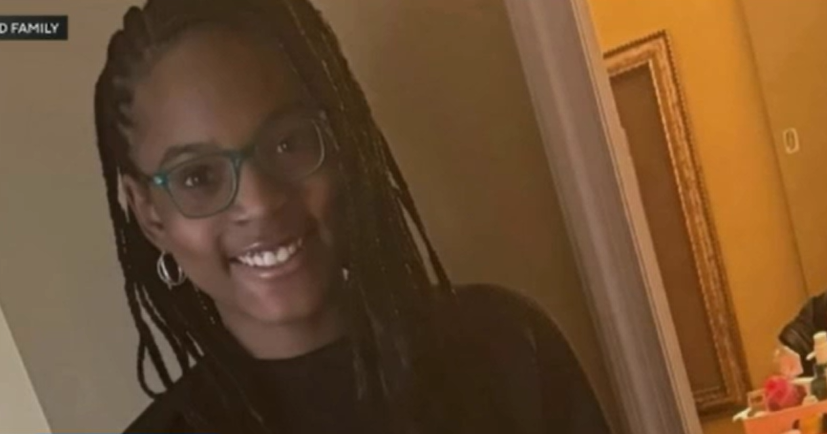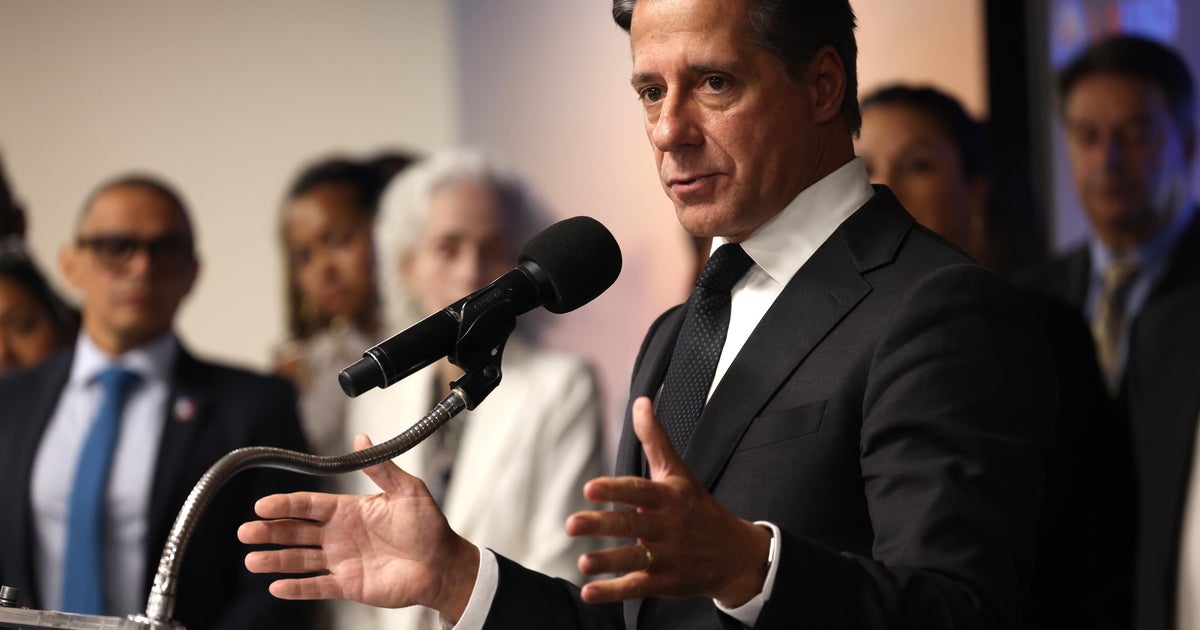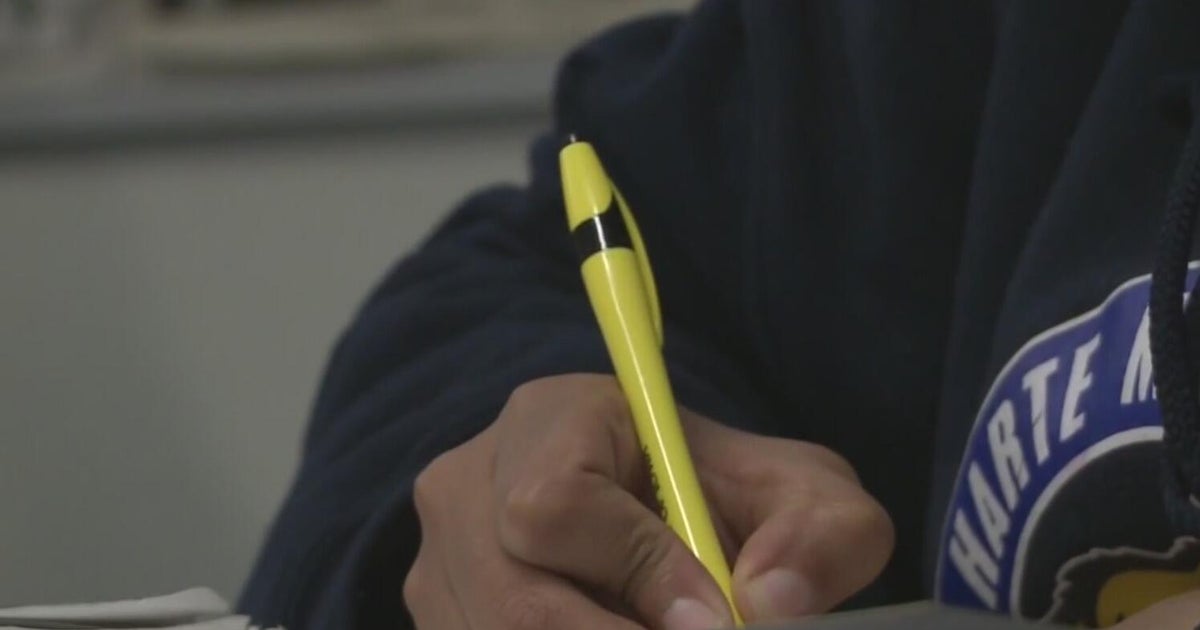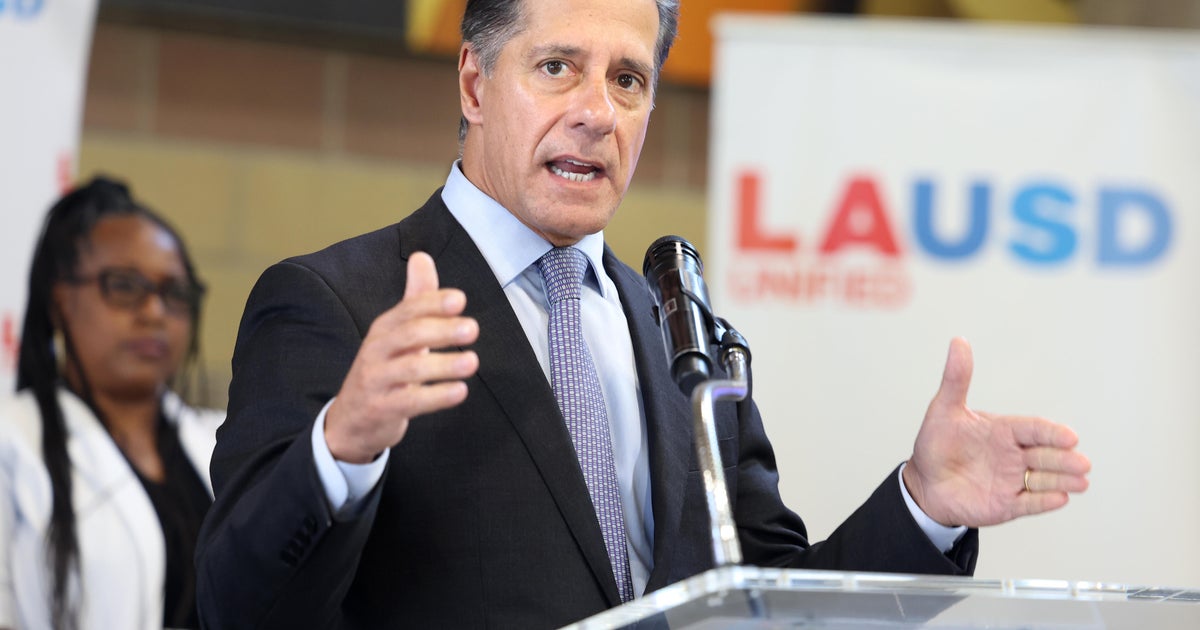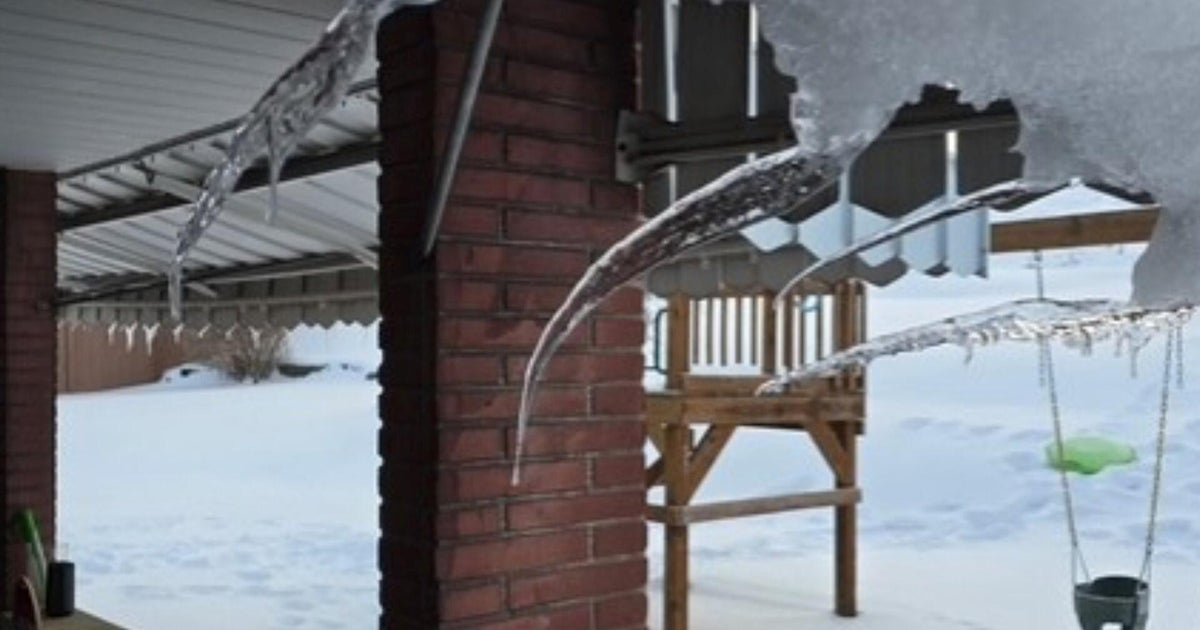O'Malley Hopes To Avoid Furloughs In Closing Budget Gap
ANNAPOLIS, Md. (AP) -- Gov. Martin O'Malley, who is confronting a $1.6 billion budget shortfall, said Wednesday he still hopes to avoid furloughs for state employees for a fourth straight year.
"Three years of furloughs, I think, is enough," O'Malley told reporters just before the official start of the Maryland General Assembly's 90-day session. "I think we've got to make the adjustments and start getting back to a new normal."
O'Malley said he hopes that enough state employees accept early-retirement buyouts to enable him to avoid, or at least pull back, on furlough days.
"We'll be making a lot of tough decisions, but one area where I think we need to make that adjustment is to start peeling back on those furlough days," O'Malley, a Democrat beginning his second term, said.
Last year, the governor included 10 furlough days for about 67,000 of the state's 80,000 employees, marking the third year in a row that state employees had to take unpaid days off.
O'Malley, who will submit his budget proposal to lawmakers later this month, has not provided many specifics about how he plans to balance the state's books for the fiscal year starting July 1. The governor has said he plans to make up the shortfall with a wide variety of painful cuts, and he does not plan to include any new taxes in the budget proposal. O'Malley said he will keep an open mind about new revenue proposals made by lawmakers.
Senate President Thomas V. Mike Miller, who appeared along with House Speaker Michael Busch on WEAA-FM's Marc Steiner program on Wednesday, said he has yet to hear many details about O'Malley's budget proposal.
"For whatever reason, he keeps it held very close to his chest, and he hasn't discussed it with either the speaker or myself," Miller, D-Calvert, said. "We're waiting to see where his priorities lie."
Miller, who said he is willing to vote for new revenue measures such as an increase in the state's gas tax, said lawmakers need to see the governor's budget proposal before firming up decisions on such matters. He said he expected cuts in Medicaid, education and the environment.
Miller also attacked a proposed "dime-a-drink" tax increase on alcohol, saying the proposal — which aims to raise about $200 million — goes too far and would harm businesses.
"You have to have a sane tax structure, and that would be insanity personified," Miller said.
Busch, D-Anne Arundel, said he believes local governments will face major cuts.
"There will be significant pain, if you will, at the local level," Busch said.
Maryland's budget problems are pronounced this year, because the state no longer has federal stimulus money to soften the blow. The state also has pushed its debt limit in recent years, significantly cutting into the amount of bonds available for a variety of competing needs for state facilities, health and social services, education and public safety. In recent years, lawmakers have resorted to transfers from various state funds to help balance the books, but those options have dwindled.
Lawmakers also must grapple with the state's long-running problem of more than $18 billion in unfunded pension liabilities over 25 years. Maryland also has unfunded health care liabilities that are estimated to be about $15 billion. A state commission has proposed that state employees work longer before becoming eligible for pensions or retiree health care benefits, an idea that was quickly criticized by union leaders.
Miller said he's confident there will be a "very lively debate" on same-sex marriage legislation. He said he believes there is enough support to bring legislation legalizing same-sex marriage or civil unions to the full Senate, where the legislation is expected to be debated early in the session.
"If it does pass, I believe it will pass the House, but I believe it will be petitioned to referendum and I believe it will be on the ballot in 2012, so that the public itself will have an opportunity to vote," Miller said.
Busch said he thinks same-sex marriage legislation has enough support in the House Judiciary Committee, but he said he did not have a strong feel yet for support in the House of Delegates.
Maryland law currently only recognizes marriage between a man and a woman.
(Copyright 2011 by The Associated Press. All Rights Reserved.)


